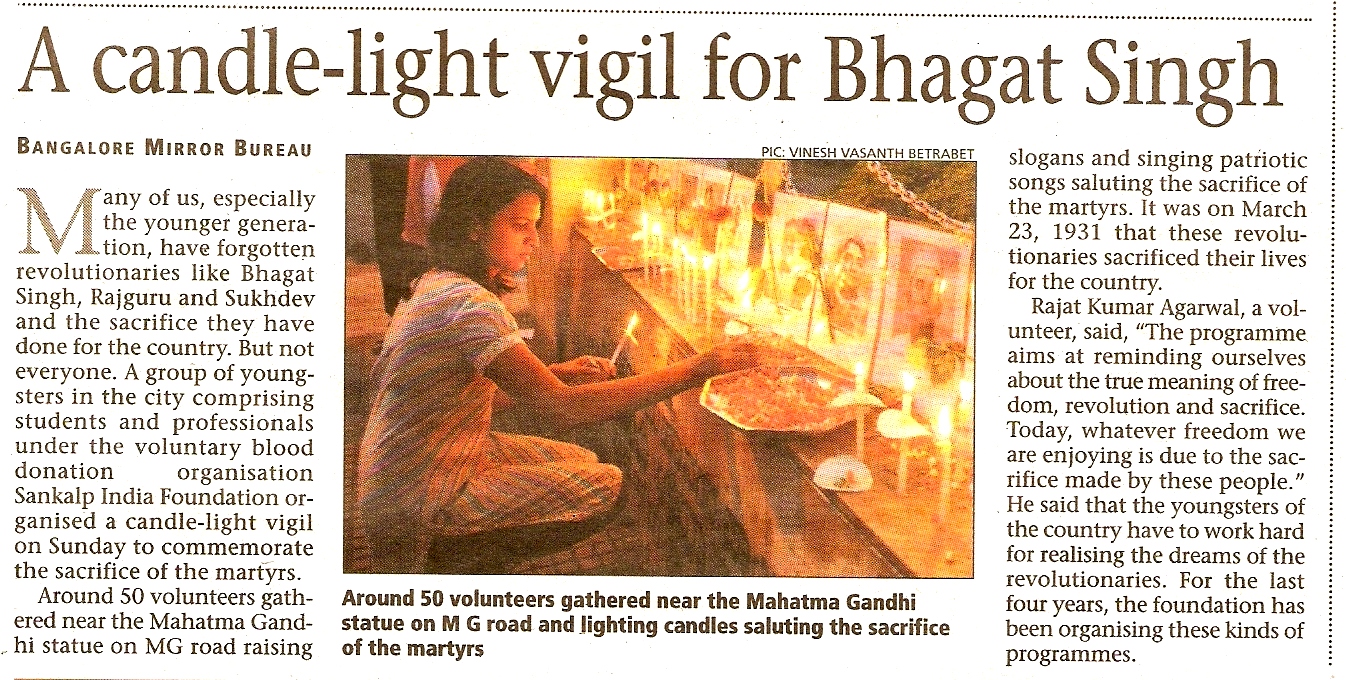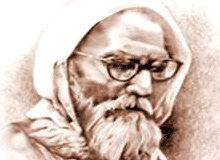Integration of states
 The early history of British expansion in India was characterised by the co-existence of two approaches towards the existing princely states. The first was a policy of annexation, where the British sought to forcibly absorb the Indian princely states into the provinces which constituted their Empire in India. The second was a policy of indirect rule, where the British assumed suzerainty and paramountcy over princely states, but conceded some degree of sovereignty to them. ..
The early history of British expansion in India was characterised by the co-existence of two approaches towards the existing princely states. The first was a policy of annexation, where the British sought to forcibly absorb the Indian princely states into the provinces which constituted their Empire in India. The second was a policy of indirect rule, where the British assumed suzerainty and paramountcy over princely states, but conceded some degree of sovereignty to them. ..




 Vinoba Bhave stands as a symbol for the struggle of the good against the evil, of spiritual against the mundane. He was a spiritual visionary, whose spirituality had a pragmatic stance with intense concern for the deprived. He was a brilliant scholar who could knowledge accessible to ordinary people. He was a saint, man of God, moral tribune, a beacon of hope and solace to millions in India and abroad.
Vinoba Bhave stands as a symbol for the struggle of the good against the evil, of spiritual against the mundane. He was a spiritual visionary, whose spirituality had a pragmatic stance with intense concern for the deprived. He was a brilliant scholar who could knowledge accessible to ordinary people. He was a saint, man of God, moral tribune, a beacon of hope and solace to millions in India and abroad.